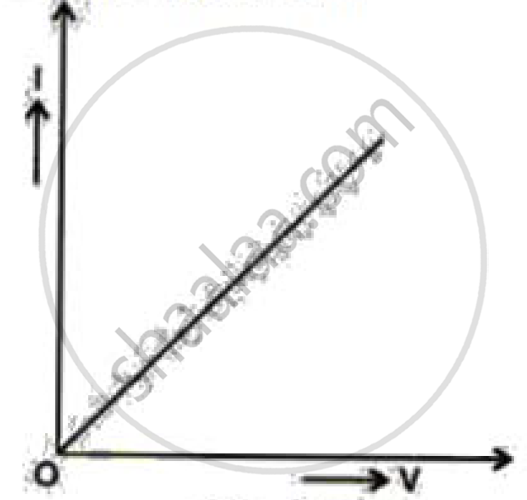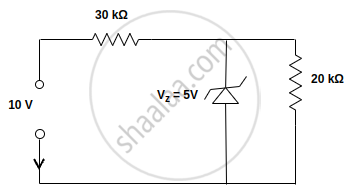Advertisements
Advertisements
प्रश्न
Distinguish between conductors and insulators of electricity. Give two examples of each.
उत्तर
Conductors
- Conductors are those subs¬tances which allow electricity to flow through them.
- e.g. all metals, human body.
Insulators
Insulators are those which do not allow electricity to pass through them. –
e.g. wood, paper, glass.
APPEARS IN
संबंधित प्रश्न
Write true or false for a given statement.
All metals are conductors of electricity.
Fill in the blank
_______ pass electricity through them.
Fill in the blank
_______ do not pass electricity through them.
Select conductors and insulators from the following :
Glass, silver, copper, wood, paper, pure water, impure water, aluminium, iron, leather, plastic, steel, human body and ebonite.
Select conductors of electricity from the following: Copper wire, silk thread, pure water, acidulated water, human body, glass, mercury.
The insulator of electricity is :
How is the direction of flow of current between the two charged conductors determined by their potentials?
What do you understand by the term electric cell?
l-V graph is shown for a good conductor. What does the slope of the graph represent?
______ are the materials which allow electric current to pass through them.
Silver is a good conductor but it is not preferred for making electric wires. Why?
Assertion (A): Insulators do not allow the flow of current through themselves.
Reason (R): They have no free charge carriers.
Electric current can flow through metals.
Electric current can pass through a sheet of thermocol.
Using the "conduction tester" on an object it was found that the bulb begins to glow. Is that object a conductor or an insulator? Explain
Ebonite does not allow electric charges to pass through them.
Which of the following is an electrical conductor?
Consider the following circuit:

The potential drop across the 20 kΩ resistor would be:
